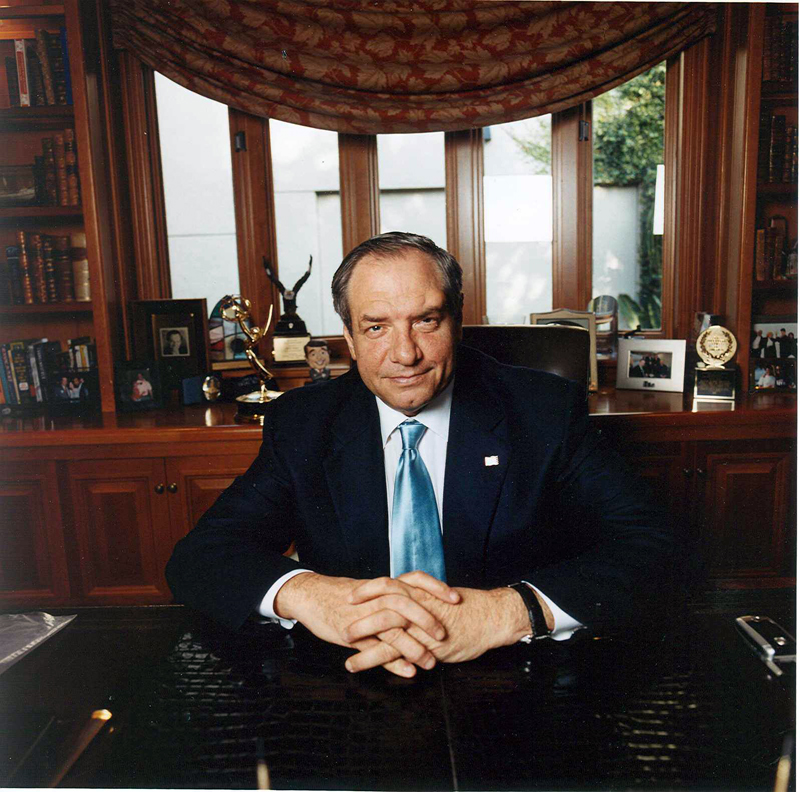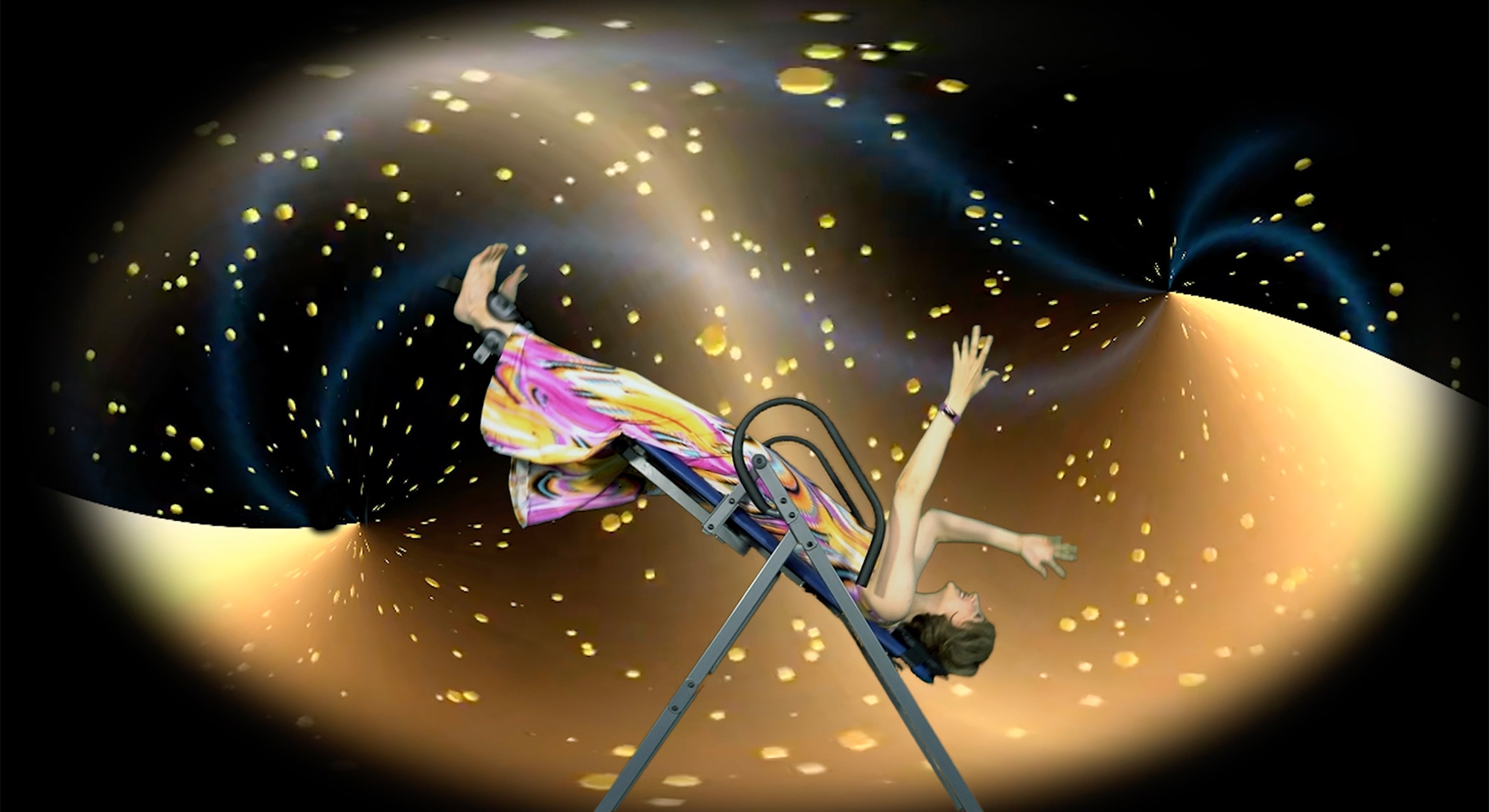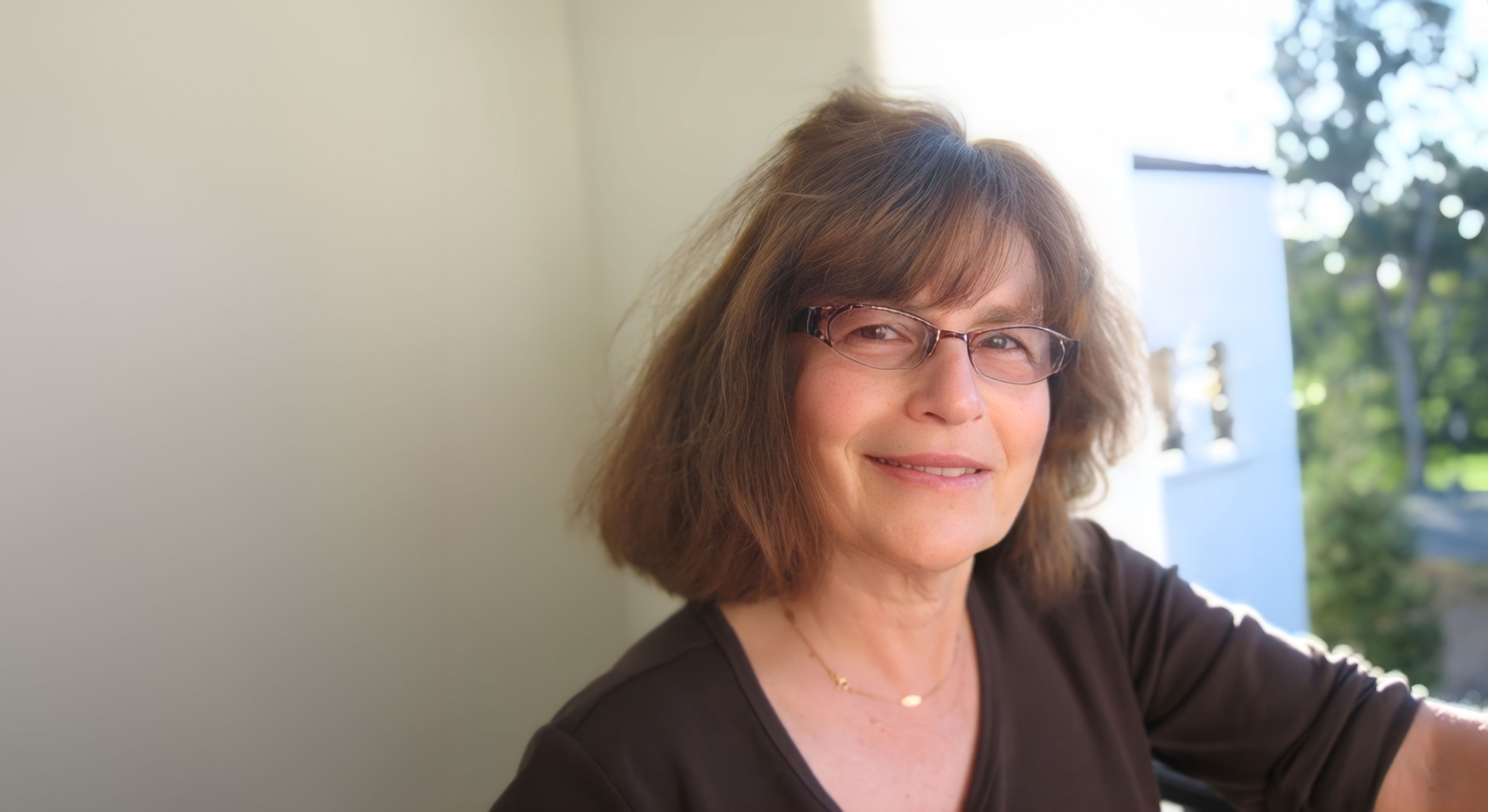
UC Santa Barbara's Carsey-Wolf Center to Host Retrospective of Law & Order
In the criminal justice system, the people are represented by two separate yet equally important groups: the police who investigate crime and the district attorneys who prosecute the offenders. These are their stories. Chung-CHUNG.
This introduction, with its iconic sound effect, opens Law & Order, the longest-running crime series and the second-longest drama series in the history of television. First broadcast on September 13, 1990, the landmark series aired for 20 seasons, won numerous awards, and became the basis of the most successful primetime TV brand in history. The original series extended to 456 episodes and inspired successful spin-offs, including Law & Order: Special Victims Unit and Law & Order: Criminal Intent. Recently, the franchise expanded beyond New York City to Los Angeles, London, Paris, and Moscow, and its shows continue to be popular in syndication. By one estimate, the original series, its various spinoffs, a 1998 TV film, and crossover episodes from other shows constitute over 900 hours of programming.
The brand and its influence on the television industry and the culture at large will be the focus of "Law & Order: Changing Television," a retrospective and celebration of the series organized by UC Santa Barbara's Carsey-Wolf Center on April 15, 2011. The Center's new Pollock Theater will host a daylong series of discussion panels featuring academics, actors, industry executives, and trade journalists. In the evening, the series' original pilot will be screened, and will be followed by a discussion between writer and producer Dick Wolf –– the series' creator –– and television producer Marcy Carsey. A limited number of free tickets to the panels and the evening event will be available to the general public on a first-come, first-served basis, beginning Thursday, March 31. (See notes at end.)
"The Carsey-Wolf Center's primary mission is to illuminate how various forms of media influence society," says Richard Hutton, the Carsey-Wolf Center's executive director. "Law & Order has been a bellwether for the dramatic changes reshaping television during the past 20 years. Through this event, we can explore the evolution of television entertainment and recognize Dick Wolf's contributions as a major force in television."
"Law & Order: Changing Television" begins at 9 a.m. with opening remarks, followed by three panel discussions. "The Brand" (9:30 a.m.) examines the series' role in both shaping and reflecting the changing media landscape during the past two decades. "The Social Significance" (11 a.m.) looks at the brand's influence on our views of law enforcement and the criminal justice system. "The Global Phenomenon" (2 p.m.) explores the series' expansion into international markets and its implications for the future of television.
Scheduled participants include actor Benjamin Bratt, who played Detective Rey Curtis from 1995 to 1999 and who is also a 1986 graduate of UC Santa Barbara; Warren Littlefield, former president of NBC; Charles Engel, executive vice president of programming, Universal Media Studios; entertainment lawyer Cliff Gilbert-Lurie; and Michael Schneider, Los Angeles bureau chief, TV Guide. The panels will be moderated by faculty from UCSB's Department of Film and Media Studies: Michael Curtin, Mellichamp Professor ("The Brand"); Jennifer Holt, assistant professor ("The Social Significance"); and Constance Penley, co-director of the Carsey-Wolf Center and professor ("The Global Phenomenon").
"Crime dramas have been a programming staple, and the object of scholarly research, since the early days of television," notes Penley. "What is unique about Law & Order is its broad influence on the television business, on audiences' social attitudes, and on the global media marketplace. By bringing together commentators from multiple perspectives who otherwise rarely interact, we hope to create a day of lively discussions that are both entertaining and thought-provoking for our audience as media consumers, and which also encourage students and media scholars to think about television and television programming in new ways."
The evening event, which begins at 7 p.m., opens with a screening of the pilot for Law & Order, "Everybody's Favorite Bagman." The episode includes many of the series' eventual hallmarks –– a plot "ripped from the headlines," location scenes filmed on the streets of New York, an early career cameo by a now well-known actor (William H. Macy) –– and stars later regulars Chris Noth, Michael Moriarity, Dann Florek, and Richard Brooks.
The screening will be followed by a conversation between Wolf and television producer Marcy Carsey (The Cosby Show, Roseanne, That '70s Show). Carsey will also moderate a Q&A session with Wolf, panelists from the day's conversations, and the audience.
The full program, including descriptions of the panels and a list of expected participants, may be found at www.carseywolf.ucsb.edu.
Ticket information
A limited number of tickets for the three panel discussions and for the evening with Dick Wolf will be available to members of the community on a first-come, first-served basis. Separate tickets will be required for each session and there is a limit of two tickets per person per session. Beginning 9.a.m on Thursday, March 31, tickets may be reserved though the Carsey-Wolf Center's website (www.carseywolf.ucsb.edu) or by phone (893-2186). Reserved tickets may be collected at the "Will Call" window of the Pollock Theater on the day of the event. Any remaining or tickets unclaimed 20 minutes prior to the beginning of each session will be distributed on a stand-by basis.
Student tickets for the daytime panels and evening session will be distributed through classes and the Department of Film and Media Studies. A limited number of standby tickets to the evening event will be made available to students and members of the public beginning at 6:15 p.m.
About the Carsey-Wolf Center
The Carsey-Wolf Center supports research, teaching, and public programming about media. The Center fosters creativity, critical skills, historical understanding, and new forms of literacy that students need to be informed citizens in the 21st century. Engaging industry professionals and policy makers, as well as students and scholars, the Center seeks to increase public understanding of the role of media in society and inform policy debates.
Related Links



